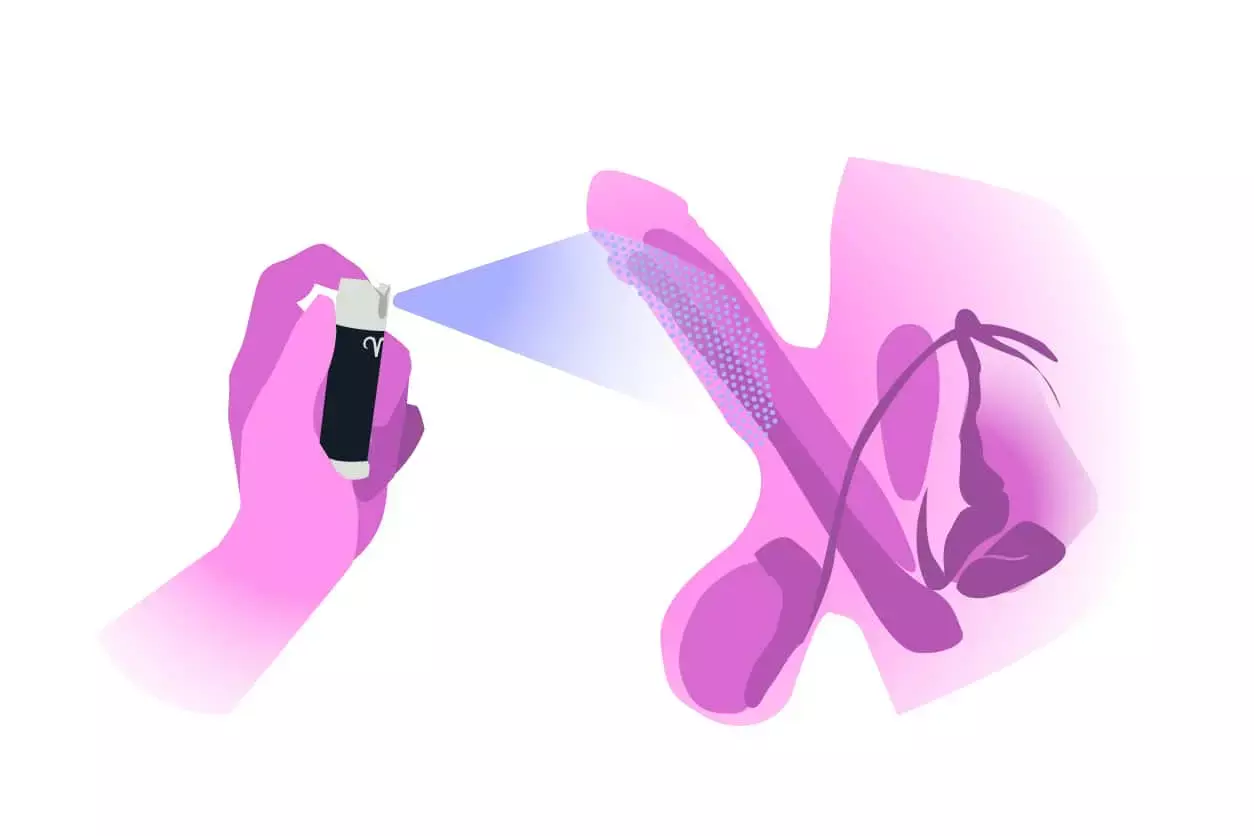- Home
- Medical news & Guidelines
- Anesthesiology
- Cardiology and CTVS
- Critical Care
- Dentistry
- Dermatology
- Diabetes and Endocrinology
- ENT
- Gastroenterology
- Medicine
- Nephrology
- Neurology
- Obstretics-Gynaecology
- Oncology
- Ophthalmology
- Orthopaedics
- Pediatrics-Neonatology
- Psychiatry
- Pulmonology
- Radiology
- Surgery
- Urology
- Laboratory Medicine
- Diet
- Nursing
- Paramedical
- Physiotherapy
- Health news
- Fact Check
- Bone Health Fact Check
- Brain Health Fact Check
- Cancer Related Fact Check
- Child Care Fact Check
- Dental and oral health fact check
- Diabetes and metabolic health fact check
- Diet and Nutrition Fact Check
- Eye and ENT Care Fact Check
- Fitness fact check
- Gut health fact check
- Heart health fact check
- Kidney health fact check
- Medical education fact check
- Men's health fact check
- Respiratory fact check
- Skin and hair care fact check
- Vaccine and Immunization fact check
- Women's health fact check
- AYUSH
- State News
- Andaman and Nicobar Islands
- Andhra Pradesh
- Arunachal Pradesh
- Assam
- Bihar
- Chandigarh
- Chattisgarh
- Dadra and Nagar Haveli
- Daman and Diu
- Delhi
- Goa
- Gujarat
- Haryana
- Himachal Pradesh
- Jammu & Kashmir
- Jharkhand
- Karnataka
- Kerala
- Ladakh
- Lakshadweep
- Madhya Pradesh
- Maharashtra
- Manipur
- Meghalaya
- Mizoram
- Nagaland
- Odisha
- Puducherry
- Punjab
- Rajasthan
- Sikkim
- Tamil Nadu
- Telangana
- Tripura
- Uttar Pradesh
- Uttrakhand
- West Bengal
- Medical Education
- Industry
Lidocaine spray effective in pain management related to radial arterial puncture: Study

Lidocaine spray application effective in pain management related to radial arterial puncture, according to a recent study published in the American Journal of Emergency Medicine
Radial arterial puncture is a painful procedure. The aim of this study was to evaluate the effect of lidocaine spray (10%) on pain associated with radial artery blood withdrawal for arterial blood gas analysis.
This randomized, controlled, double-blind study was performed between December 2018 and September 2019. Before radial arterial puncture, 10% lidocaine or placebo spray was applied to each patient by the attending physician, who was blinded with regard to random assignment. The spray was administered six times on the site from a distance of 5 cm. After waiting for 5 min, a radial arterial puncture was performed routinely. The pain levels of patients during radial arterial puncture and 5 min after puncture were evaluated with the visual analog scale (VAS). The Wilcoxon test was used to compare pain scores during puncture.
Results of the study are:
The research was performed with 67 patients (34 patients in the lidocaine group, 33 patients in the placebo group) who were admitted to the emergency department and required ABG analysis. Forty-three patients were men, and 24 were women. The ages of the patients ranged between 19 and 86 years, and the mean (± standard deviation) age was 56.3 ± 16.6 years. Pain levels, as measured by VAS, were significantly lower in the lidocaine group (24.00 mm IQR:[14.75–33.75]) compared with the placebo group (33.00 mm IQR:[22.00–61.50]) during radial arterial puncture (p = 0.011).
Thus, the researchers concluded that the level of pain perceived during radial arterial puncture was significantly lower in those who were administered lidocaine spray.
Reference:
Effectiveness of lidocaine spray on radial arterial puncture pain: A randomized double-blind placebo-controlled trial by İsmail UfukYıldız et al. published in The American Journal of Emergency Medicine
https://www.sciencedirect.com/science/article/abs/pii/S0735675721008147
Dr. Shravani Dali has completed her BDS from Pravara institute of medical sciences, loni. Following which she extensively worked in the healthcare sector for 2+ years. She has been actively involved in writing blogs in field of health and wellness. Currently she is pursuing her Masters of public health-health administration from Tata institute of social sciences. She can be contacted at editorial@medicaldialogues.in.
Dr Kamal Kant Kohli-MBBS, DTCD- a chest specialist with more than 30 years of practice and a flair for writing clinical articles, Dr Kamal Kant Kohli joined Medical Dialogues as a Chief Editor of Medical News. Besides writing articles, as an editor, he proofreads and verifies all the medical content published on Medical Dialogues including those coming from journals, studies,medical conferences,guidelines etc. Email: drkohli@medicaldialogues.in. Contact no. 011-43720751


